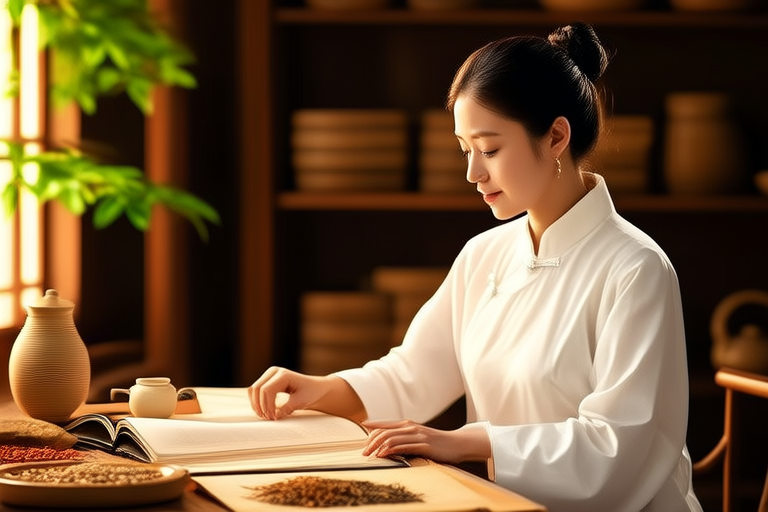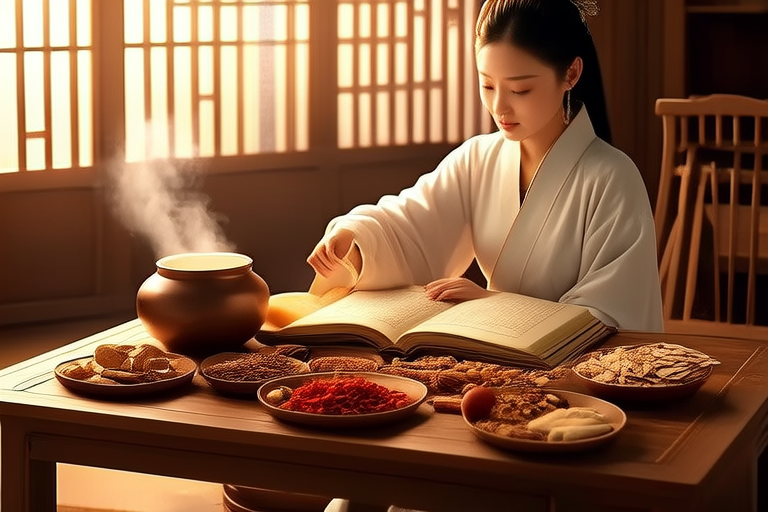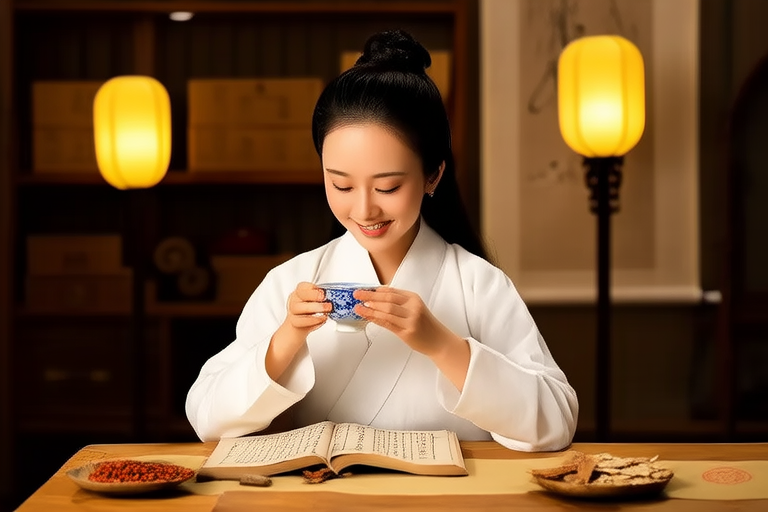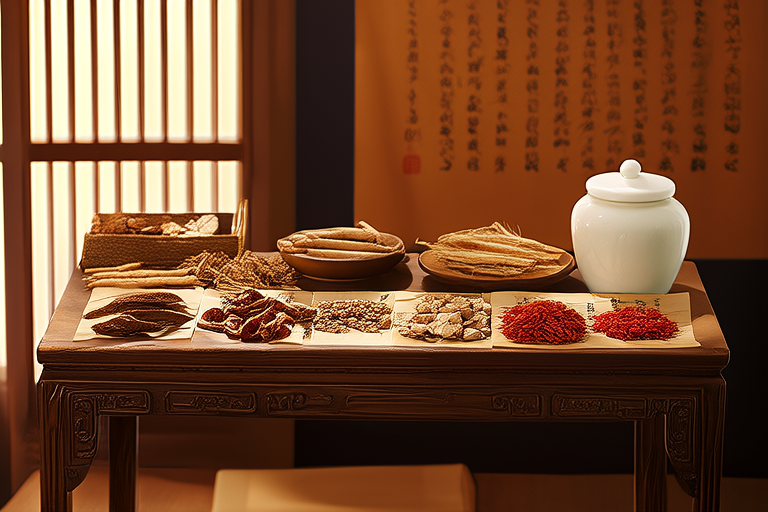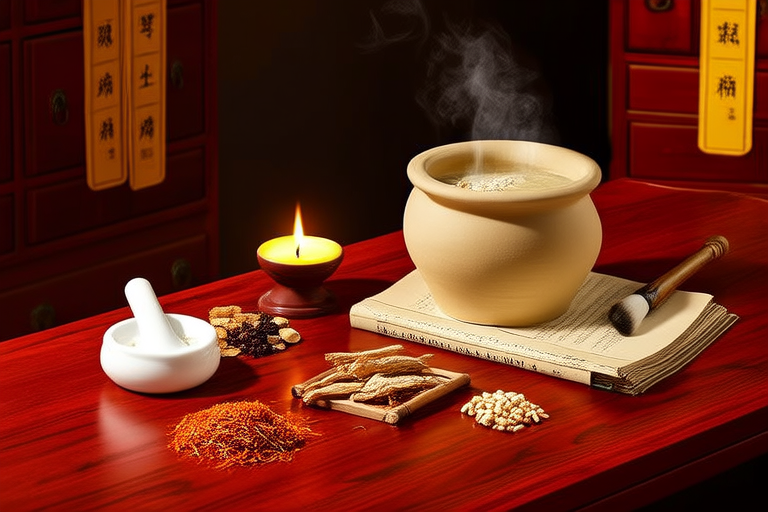Unlocking the Secrets of Longevity: A Guide to Traditional Chinese Medicine Health Preservation
Introduction: The Holistic Approach of Traditional Chinese Medicine
Traditional Chinese Medicine (TCM) is an ancient system of health and wellness that has been practiced for thousands of years. Rooted in a holistic philosophy, TCM views the human body as an interconnected system where physical, mental, and emotional well-being are deeply intertwined. Unlike modern Western medicine, which often focuses on treating specific symptoms or diseases, TCM emphasizes maintaining balance within the body and between the body and its environment. This approach aims not only to treat illness but also to prevent it, promoting longevity and vitality.
At the heart of TCM lies the belief that health is achieved through harmony—harmony of internal energies, harmony with nature, and harmony with one’s lifestyle. By understanding and applying the principles of TCM, individuals can unlock the secrets of longevity and cultivate a life of sustained well-being.
Key Concepts of TCM: Qi, Yin-Yang Balance, and the Five Elements
Qi: The Vital Life Force
Central to TCM is the concept of Qi (pronounced “chee”), often translated as “life force” or “energy.” Qi flows through the body along pathways known as meridians, nourishing organs, tissues, and cells. When Qi is abundant and flowing freely, the body remains healthy and vibrant. However, blockages or imbalances in Qi can lead to illness, fatigue, and emotional distress.
Practitioners of TCM use various techniques to regulate and enhance Qi, ensuring that it circulates harmoniously throughout the body. These techniques include acupuncture, herbal medicine, and movement practices like Tai Chi and Qigong.
Yin-Yang Balance: The Dynamic Interplay of Opposites
The principle of Yin and Yang describes the dualistic nature of existence, where opposing forces are interconnected and interdependent. In TCM, health is seen as a state of dynamic balance between Yin (cool, passive, nurturing) and Yang (warm, active, energizing). For example, excessive Yang may manifest as inflammation or restlessness, while deficient Yin might lead to dryness or fatigue.
Maintaining Yin-Yang balance is essential for long-term health. TCM practitioners assess an individual’s unique constitution and tailor treatments to restore equilibrium, whether through dietary adjustments, acupuncture, or lifestyle changes.
The Five Elements: A Framework for Understanding Health
The Five Elements theory—Wood, Fire, Earth, Metal, and Water—provides a framework for understanding the relationships between different aspects of the body and the natural world. Each element corresponds to specific organs, emotions, seasons, and even colors. For instance, Wood is associated with the liver and springtime, while Water relates to the kidneys and winter.
This theory helps practitioners identify patterns of imbalance and design personalized strategies for health preservation. By aligning with the rhythms of nature and addressing imbalances in the Five Elements, individuals can enhance their resilience and vitality.
Health Preservation Techniques in TCM
Acupuncture: Restoring the Flow of Qi
Acupuncture is one of the most well-known TCM practices, involving the insertion of fine needles into specific points along the body’s meridians. This technique aims to unblock stagnant Qi, stimulate healing, and restore balance. Modern research suggests that acupuncture may help alleviate pain, reduce stress, and improve various chronic conditions.
Regular acupuncture sessions can serve as a powerful tool for preventive care, supporting both physical and mental well-being. Many people find acupuncture particularly beneficial for managing stress-related disorders and enhancing overall energy levels.
Herbal Medicine: Harnessing Nature’s Healing Power
TCM places great emphasis on the use of herbs to support health and longevity. Herbal formulas are carefully crafted based on an individual’s unique needs, often combining multiple plants to address complex patterns of imbalance. Common herbs used in TCM include ginseng for boosting energy, goji berries for nourishing the eyes, and astragalus for strengthening the immune system.
Unlike synthetic medications, herbal remedies work gently and holistically, aiming to strengthen the body’s innate healing abilities rather than simply masking symptoms. When used under the guidance of a qualified practitioner, herbal medicine can be a safe and effective complement to other health practices.
Dietary Therapy: Nourishing the Body from Within
In TCM, food is considered medicine, and dietary therapy plays a crucial role in maintaining health. Foods are classified according to their energetic properties—whether they are warming, cooling, drying, or moistening—and their effects on the organs and meridians. For example, ginger and cinnamon are warming foods that can invigorate circulation, while cucumber and watermelon have cooling properties that soothe heat-related imbalances.
A balanced diet in TCM emphasizes whole, seasonal foods prepared in ways that preserve their nutritional value. By eating mindfully and choosing foods that align with one’s constitution and the current season, individuals can support their Qi and promote lasting vitality.
Tai Chi and Qigong: Cultivating Energy Through Movement
Tai Chi and Qigong are gentle, meditative movement practices that combine slow, deliberate motions with deep breathing and mental focus. These practices are designed to cultivate and circulate Qi, strengthen the body, and calm the mind. Regular practice of Tai Chi and Qigong has been shown to improve flexibility, balance, cardiovascular health, and mental clarity.
Both practices are accessible to people of all ages and fitness levels, making them ideal for integrating into daily life. Whether practiced alone or in a group setting, Tai Chi and Qigong offer a profound way to connect with oneself and foster inner peace.
Integrating TCM Practices into Daily Life
While TCM offers a wealth of tools for health preservation, incorporating these practices into modern life requires intention and consistency. Here are some practical tips for getting started:
- Start Small: Begin by incorporating one or two TCM practices into your routine, such as drinking herbal teas or practicing simple Qigong exercises.
- Eat Seasonally: Pay attention to the seasons and adjust your diet accordingly. For example, enjoy warming soups in winter and refreshing salads in summer.
- Prioritize Sleep: Adequate rest is essential for replenishing Qi. Aim for consistent sleep patterns and create a calming bedtime ritual.
- Manage Stress: Practice mindfulness techniques, such as meditation or deep breathing, to maintain emotional balance.
- Seek Professional Guidance: Consult a qualified TCM practitioner to receive personalized advice and treatment tailored to your needs.
Reflections on the Timeless Wisdom of TCM
In today’s fast-paced world, where chronic diseases and stress-related illnesses are on the rise, the timeless wisdom of TCM offers a refreshing perspective on health and longevity. By focusing on prevention, balance, and harmony, TCM empowers individuals to take charge of their well-being and live more fulfilling lives.
While modern science continues to validate many aspects of TCM, its true strength lies in its holistic approach—a reminder that true health encompasses not just the absence of disease but the presence of vitality, joy, and connection. As we navigate the complexities of contemporary life, the principles and practices of TCM provide a guiding light, helping us unlock the secrets of longevity and embrace the art of living well.






